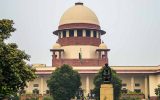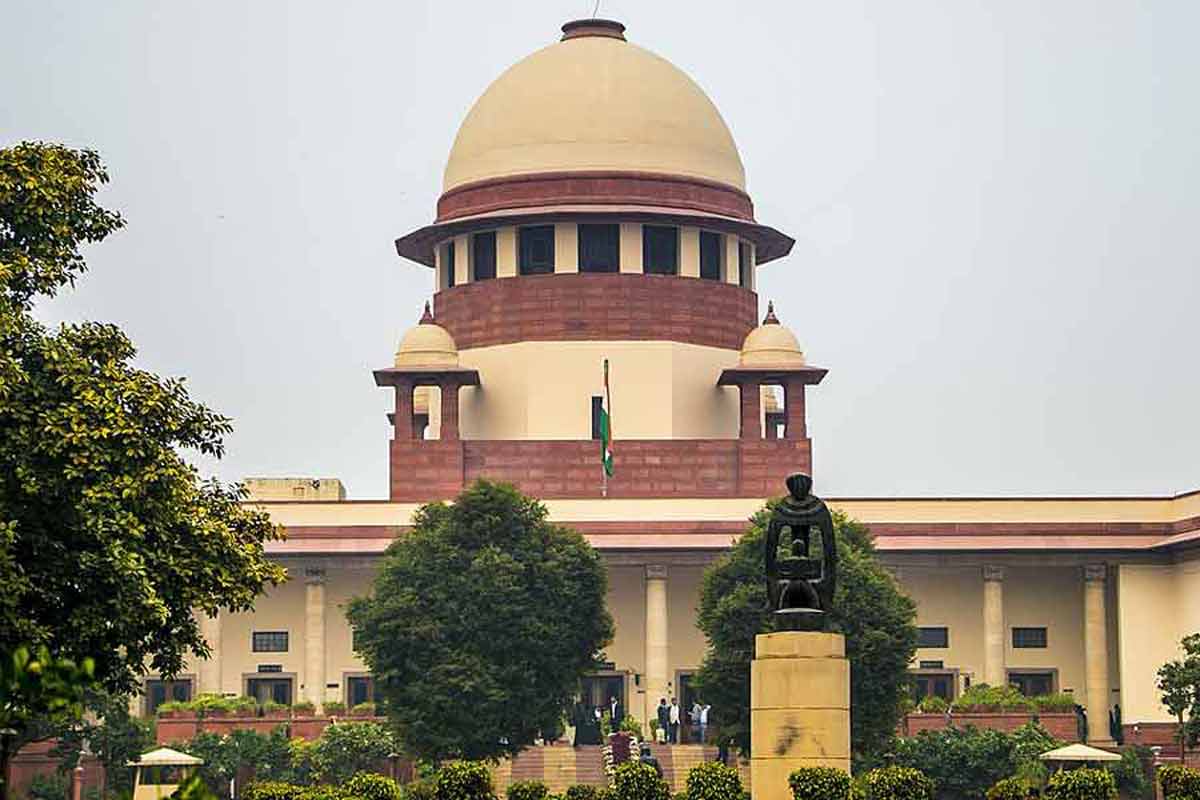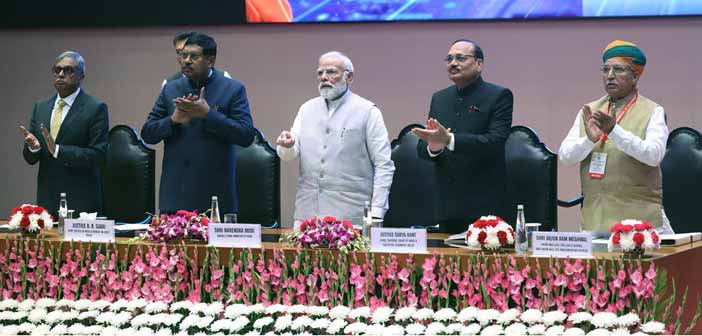Supreme Court Urges Inclusion of Aadhaar in Bihar Electoral Roll Revision Process: New Delhi, India – July 28, 2025 — The Supreme Court of India on Monday urged the Election Commission of India (ECI) to consider including the Aadhaar card as an acceptable document for the ongoing Special Intensive Revision (SIR) of electoral rolls in Bihar, ahead of the upcoming State Assembly elections.
The Court, comprising Justice Surya Kant and Justice Joymalya Bagchi, was hearing a batch of petitions challenging the ECI’s directive issued on June 24, 2025. The petitions argue that the exclusion of Aadhaar and the Electoral Photo Identity Card (EPIC) from the list of acceptable documents violates several fundamental rights guaranteed by the Constitution.
In its observations, the Court emphasized the importance of “mass inclusion” rather than “mass exclusion,” urging the ECI to reconsider its position. Justice Kant remarked, “Include these two documents. Tomorrow you may see not only Aadhaar but out of 11 documents, many can be forged. That’s a separate issue. But we are [on] mass exclusion. It should be mass inclusion.”
READ: CJI BR Gavai Cautions Law Students Against Foreign LLMs by Taking Heavy Loans
The Supreme Court’s comments came amid concerns raised by the petitioners, who argue that the ECI’s exclusion of Aadhaar and EPIC from the list of valid documents could disenfranchise a large section of eligible voters, particularly in Bihar, where migrant populations and other vulnerable groups may face difficulty accessing other forms of documentation, according to a report.
The ECI had previously defended its directive, asserting that it is empowered under Article 324 of the Constitution and Section 21(3) of the Representation of the People Act, 1950, to undertake such a revision. The Commission argued that the revision was essential due to urban migration, demographic shifts, and long-standing concerns over the accuracy of electoral rolls, which had not undergone a comprehensive update in nearly two decades.
In its defense, Senior Advocate Rakesh Dwivedi, representing the ECI, raised concerns over the potential for fraud involving documents like ration cards and EPICs. He emphasized that even though Aadhaar is widely used for various purposes, it can be easily misused in some instances and should be used only with supporting documents.
READ: Kanwar Yatra: Plea in Supreme Court Challenges UP Government’s QR Code Mandate for Eateries
However, the Bench questioned the ECI’s reasoning. “Why only EPIC? Any documents can be forged. Let us proceed with Aadhaar and EPIC Card,” Justice Kant remarked during the hearing. Justice Bagchi also pointed out, “You say none of the documents are conclusive, as per the SIR notification… Suppose someone uploads the form with Aadhaar. Why will you not include it in the draft?”
The ECI’s current stance is to accept Aadhaar, but only when accompanied by additional supporting documentation to verify a voter’s identity.
Senior Advocate Gopal Sankaranarayanan, representing the petitioner Association for Democratic Reforms (ADR), sought a stay on the finalization of the electoral rolls until the matter was resolved. However, the Court made it clear that it had already clarified earlier that the process could not be halted.
“Objections can always be filed to the draft rolls. The Court can always quash the rolls if required,” Justice Kant remarked, reinforcing the judicial oversight over the electoral revision process.
READ: Indus Waters Treaty: India Rejects Arbitration Court’s Ruling, Cites Pakistan’s Terror History
As the Special Intensive Revision process progresses in Bihar, the Court’s intervention highlights ongoing debates over the role of Aadhaar and other identification documents in the electoral process. While some view Aadhaar as a vital tool for voter verification, others raise concerns over its potential misuse, especially in a country as vast and diverse as India.
The final outcome of the case may have significant implications for the future of voter registration and electoral roll revisions, both in Bihar and across the country.
READ: DRDO’s Quantum Technology Research Centre Opened in Delhi












